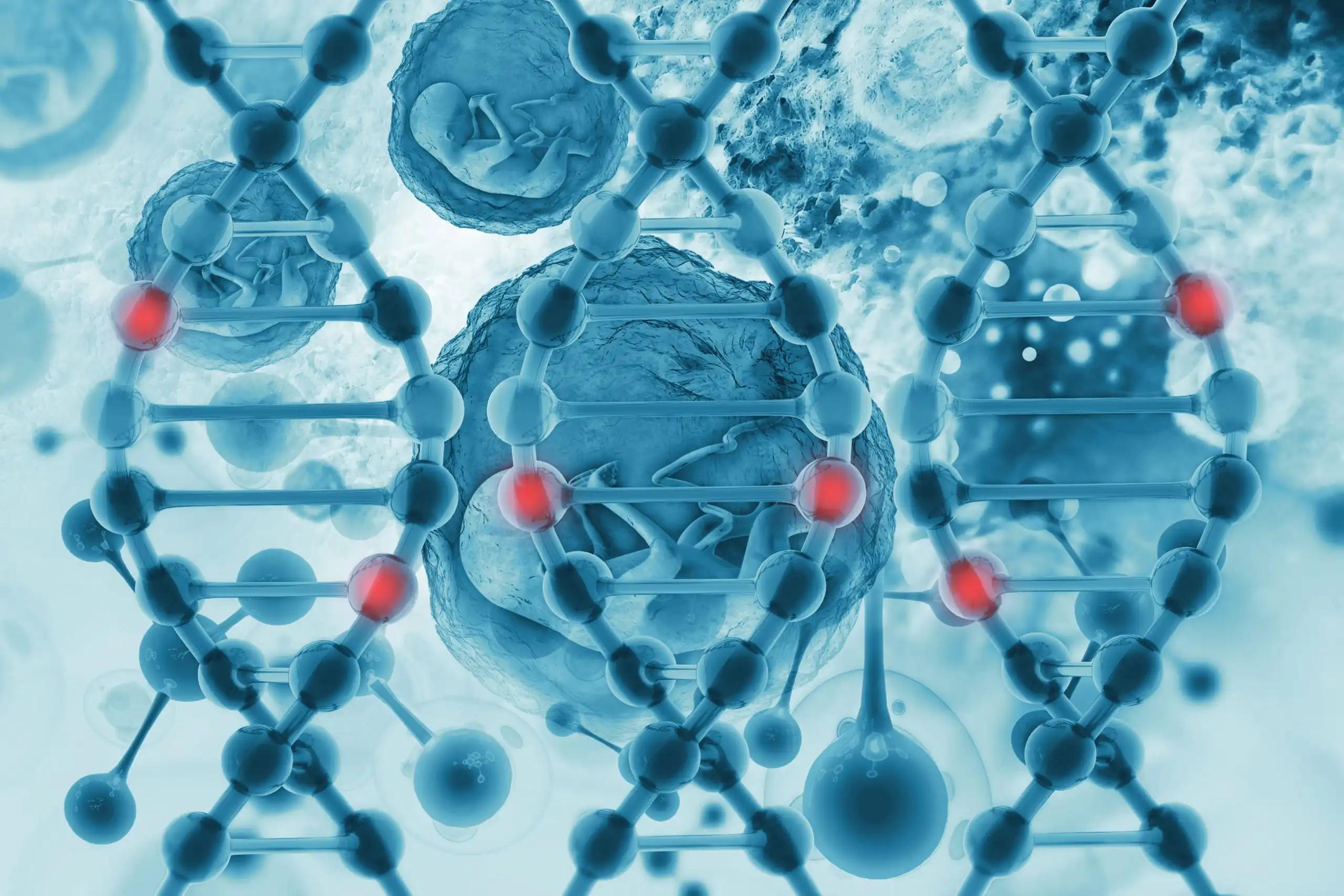KEY TAKEAWAYS
- The study aimed to evaluate COX-2 overexpression as a prognostic marker in breast cancer.
- Researchers noticed that COX-2 overexpression correlates with poor prognostic indicators in breast cancer, as assessed through TNM staging, histological grading, and molecular types.
Breast cancer (BC) manifests as a heterogeneous pathology marked by complex metabolic reprogramming essential to satisfy its energy demands. Oncogenic signals boost the metabolism, modifying fatty acid synthesis and glucose use from the onset to progression and therapy-resistant forms. However, the exact contribution of metabolic dependencies during tumor evolution remains unclear.
Chiara Papulino and the team aimed to assess the role of altered metabolic pathways, focusing on the inverse correlation between fatty acid synthase (FASN) and lactate dehydrogenase A (LDHA) in driving metabolic resistance and tumor progression in breast cancer.
Researchers performed an inclusive analysis to elucidate the connection between FASN and LDHA, pivotal metabolic genes, and their correlation with tumor grade and therapy response using datasets from public repositories.
They evaluated the metabolic and proliferative functions of FASN and LDHA inhibition in breast cancer models. Additionally, metabolomic and lipidomic analyses were integrated to define the contributions of metabolites, lipids, and precursors to the metabolic phenotypes observed in patients.
The findings indicated metabolic shifts during breast cancer progression, unveiling two distinct functional energy phenotypes associated with aggressiveness and therapy response. Specifically, FASN exhibits reduced expression in advanced-grade tumors and therapy-resistant forms, whereas LDHA demonstrates higher expression.
The biological and metabolic impact of blocking the enzymatic activity of FASN and LDHA was correlated with resistant conditions.
The study concluded that the intrinsic metabolic heterogeneity within breast cancer underscores the importance of targeting metabolic pathways for precision medicine. These findings highlight the potential for metabolic interventions to address the distinct energy phenotypes associated with tumor aggressiveness and therapy resistance.
This study was funded by the National Plan for NRRP Complementary Investments (PNC, established with the decree-law 6 May 2021, n. 59, converted by law n. 101 of 2021) in the call for the funding of research initiatives for technologies and innovative trajectories in the health and care sectors (Directorial Decree n. 931 of 06–06-2022)—project n. PNC0000003—AdvaNced Technologies for Human-centrEd Medicine (project acronym: ANTHEM).
Source: https://pubmed.ncbi.nlm.nih.gov/39044184/
Papulino C, Chianese U, Ali A, et al. (2024). “Inverse FASN and LDHA correlation drives metabolic resistance in breast cancer.” J Transl Med. 2024 Jul 24;22(1):676. doi: 10.1186/s12967-024-05517-9. PMID: 39044184.



